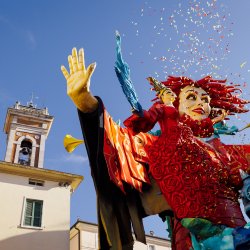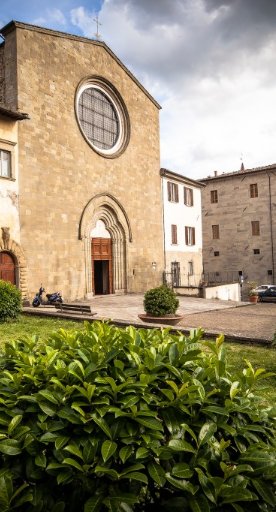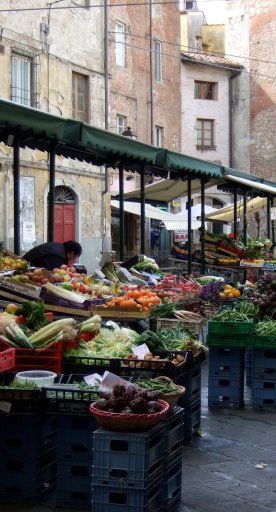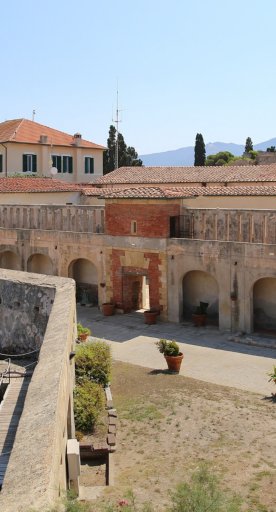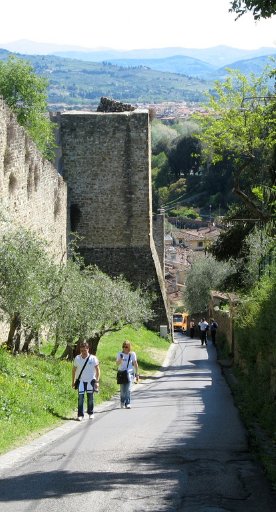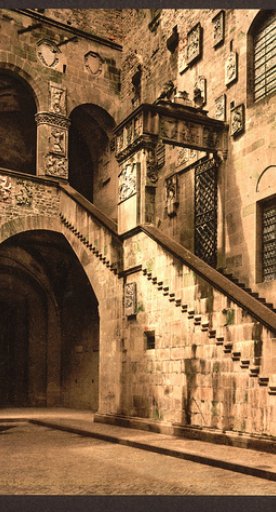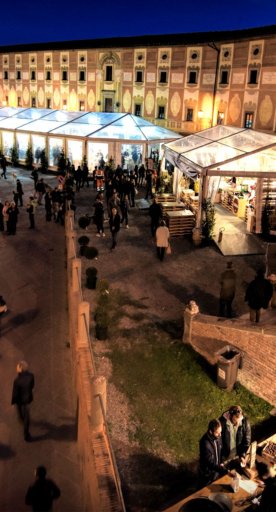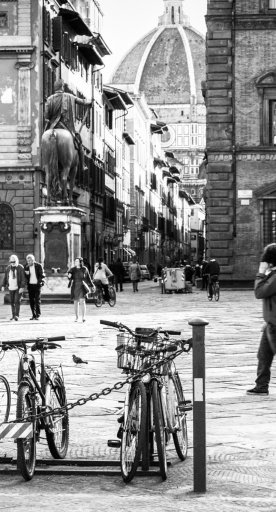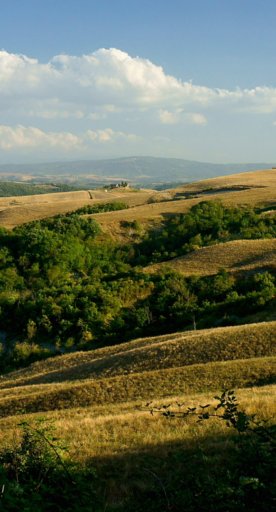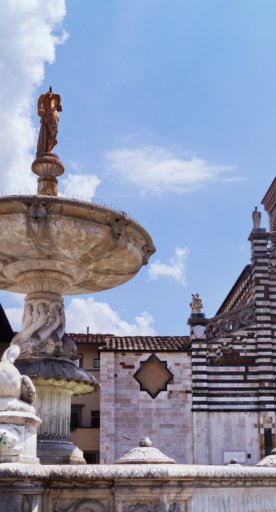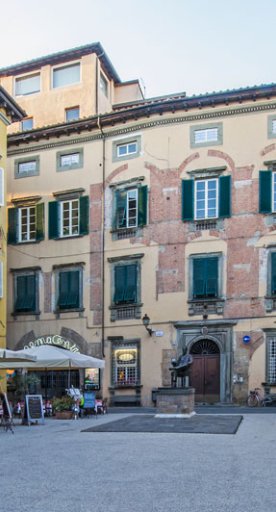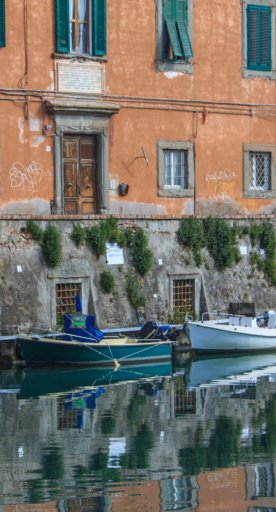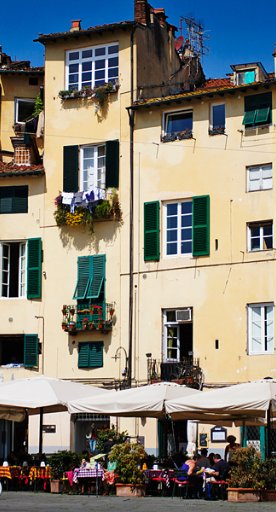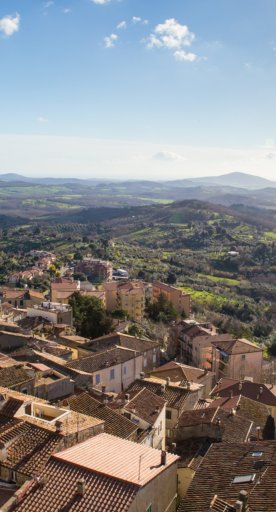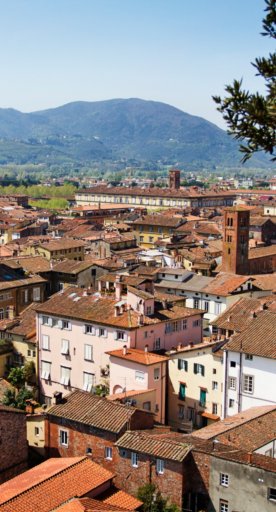Castles, ghosts and legends: mysterious tales in Tuscany
From Lunigiana to the Casentino, a journey amidst country houses and restless spirits
Forget about fairy tales with happy endings: Tuscany hides a dark and captivating side, linked to ancient castles and legends that have been passed down for centuries.
From north to south, between Lunigiana and Casentino, there are fortresses and country houses that now accommodate wineries, museums or historic residences, but hide stories of ghosts and lost loves.
Here are five legends in which history and mystery are intertwined.
-
1.The ghost of Bianca Maria Aloisia at the Malaspina Castle in Fosdinovo
-
2.The ghostly bride of Vincigliata, in Fiesole
-
3.The specter of the Iron Baron at Brolio Castle
-
4.The ghost of Matelda at the Conti Guidi Castle in Poppi
-
5.The ghost of Lari Castle
The ghost of Bianca Maria Aloisia at the Malaspina Castle in Fosdinovo
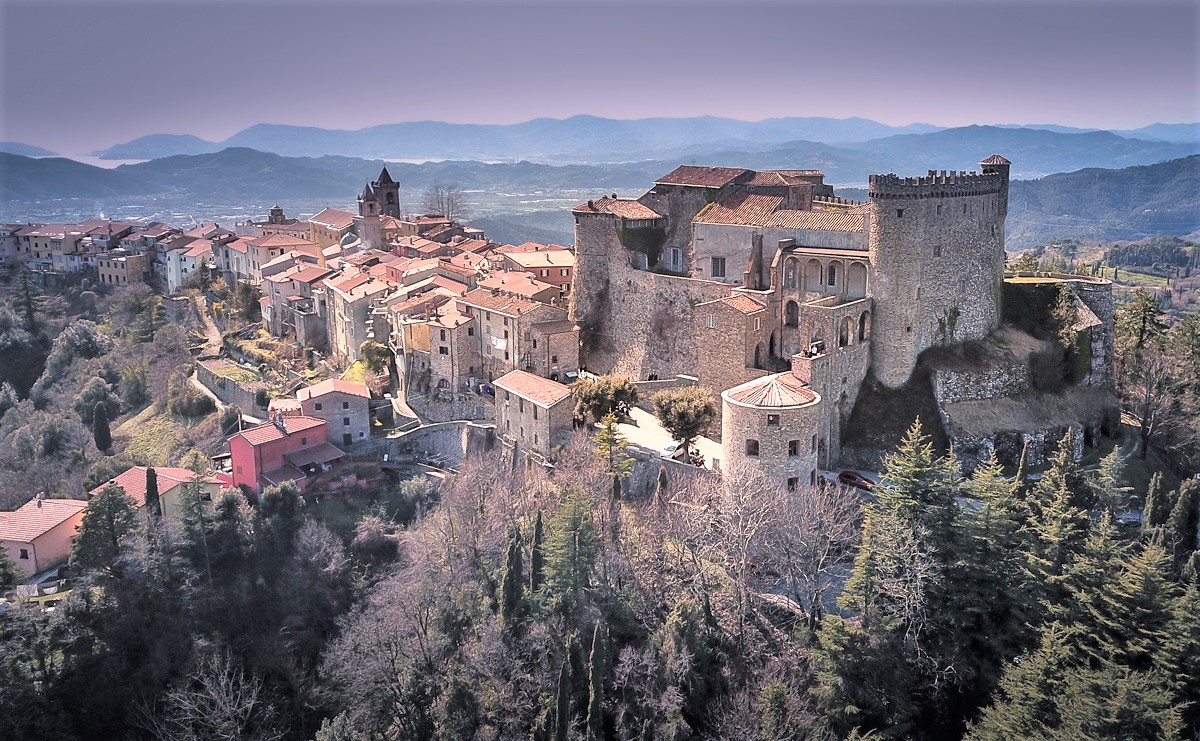
The Malaspina Castle in Fosdinovo, Lunigiana, has always been shrouded in mystery.
The most famous legend is that of Bianca Maria Aloisia, daughter of Jacopo Malaspina and Oliva Grimaldi, who fell in love with a young stable boy. It was an impossible love that the noble family tried to stifle by locking the maiden in the castle dungeons.
After forcing a marriage of convenience on her, her parents, faced with her refusal, forced her into a convent, but she would not take the vows. To avoid a scandal, the young woman was brought back to the castle and, according to legend, was walled up alive along with a dog and a boar, symbols of loyalty and rebellion.
During recent excavations, skeletal remains consistent with those of a girl and two animals were found.
It is said that on nights when there is a full moon, Bianca's spirit still roams the castle’s rooms accompanied by her animals.
The ghostly bride of Vincigliata, in Fiesole
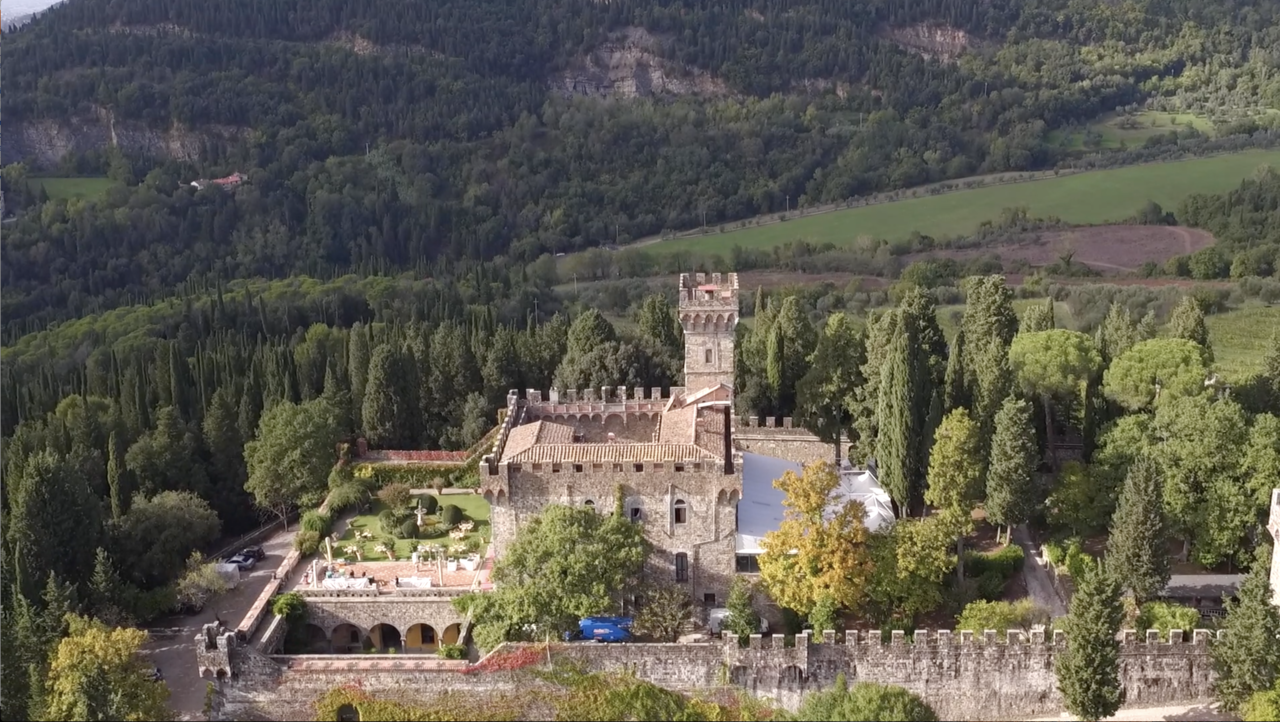
In the Fiesole hills stands the enchanting Vincigliata Castle, the scene of a tragic love story in the 13th century.
Bianca degli Usimbardi and Uberto del Mazzocca were two young lovers from rival families. When Bianca’s father discovered their relationship, he locked her up in the castle, preventing her from seeing her beloved.
Wounded in battle, the man was rescued by Uberto himself and, out of gratitude, he agreed to their wedding. However, on the wedding day, the young man was killed by some of the bride's relatives. Bianca, looking out of a window, witnessed the scene, unable to help, and died of grief.
Today, her ghost still wanders the castle in tears and is said to protect impossible loves.
The specter of the Iron Baron at Brolio Castle
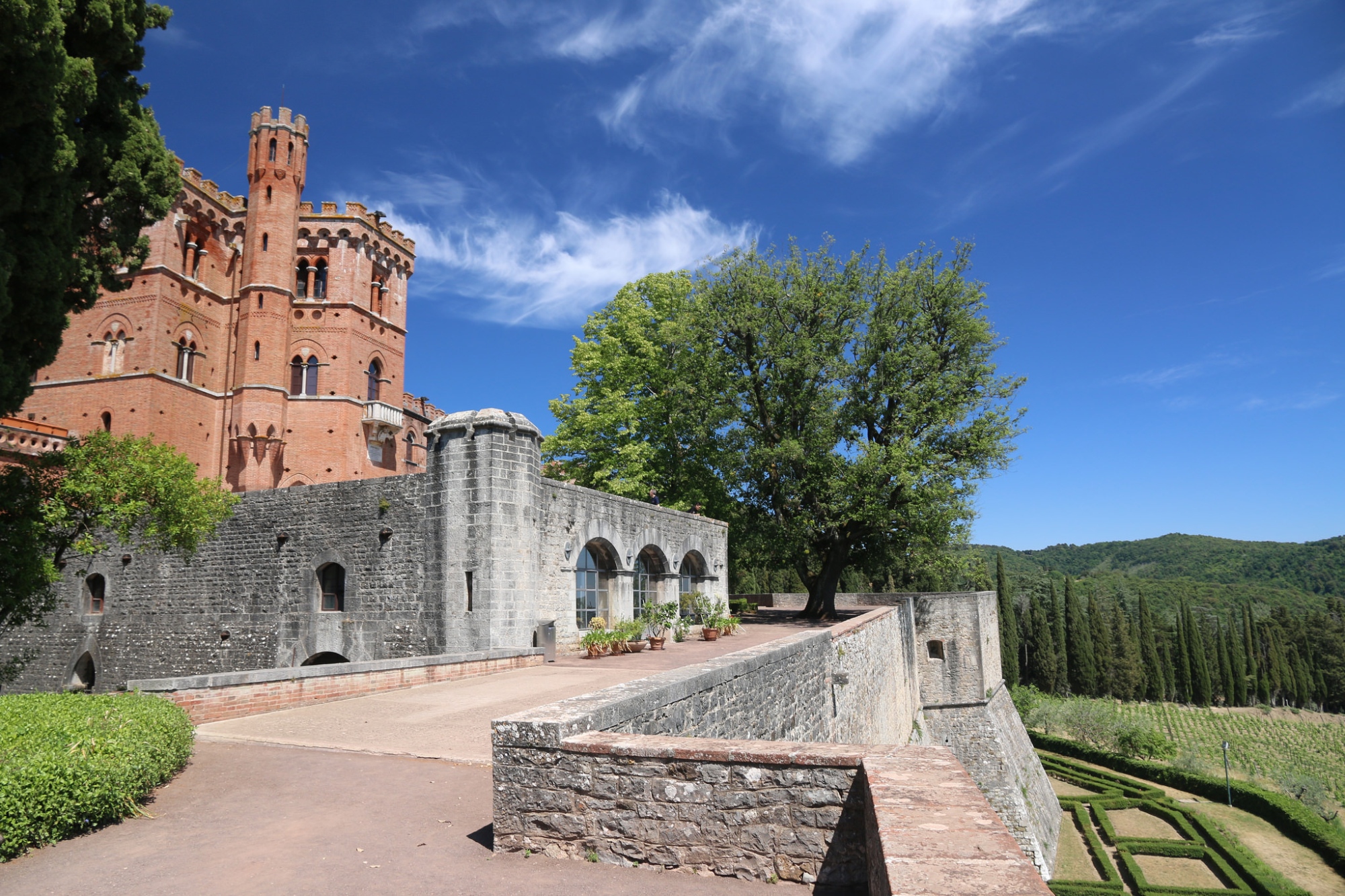
In Gaiole, in the heart of Chianti, stands the majestic Brolio Castle, which has belonged to the Ricasoli family, one of the oldest Florentine dynasties, for centuries.
Its most famous descendant was Bettino Ricasoli, nicknamed the Iron Baron, due to his stern and authoritarian nature.
When he died, his body was kept in the family chapel for days and, during the funeral, strange phenomena already started to occur: gusts of wind, slamming of windows and a coffin so heavy that it could not be lifted. The coffin is said to have only become light again after a prayer was recited by the priest.
Since then, many people have reported seeing the Baron's ghost roaming the vineyards, riding a white horse, followed by a pack of dogs.
The ghost of Matelda at the Conti Guidi Castle in Poppi
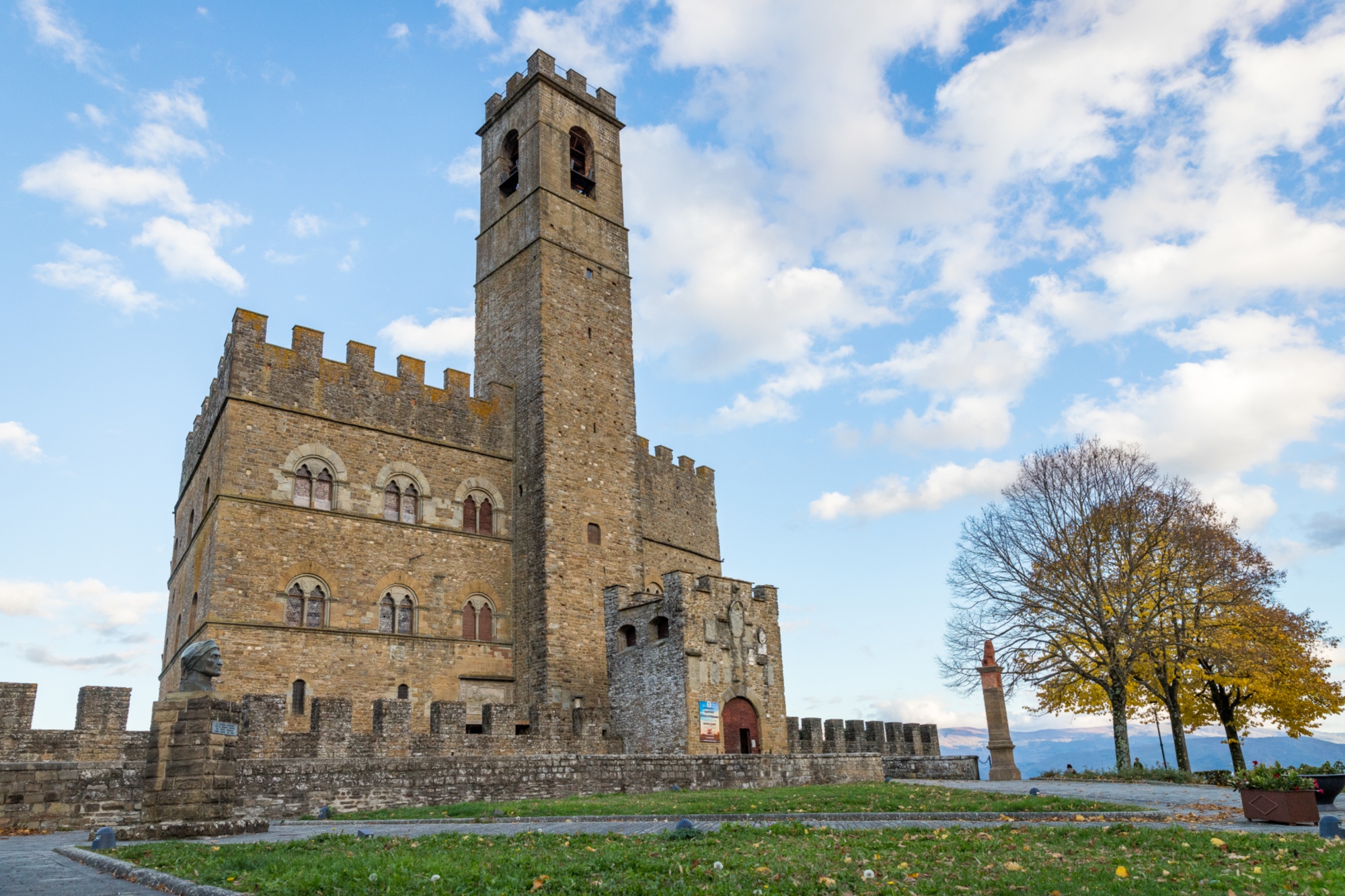
One of Tuscany's most disturbing stories is linked to the Conti Guidi Castle in the Casentino.
The protagonist is Matelda, a young countess who was forced to marry a cold and distant man, often engaged in war.
Out of boredom and desire, Matelda began to seduce the young men of the village, whom she invited to her rooms.
However, in order to keep the betrayal secret, she led them to a hidden passageway that ended in a ditch full of blades: none of them ever returned.
When the people of Poppi discovered the truth, they broke into the castle and locked her in the highest tower, still alive. Since then, the tower has been called Devil's Tower.
It is said that, on silent nights, her spirit still appears at the castle windows.
The ghost of Lari Castle
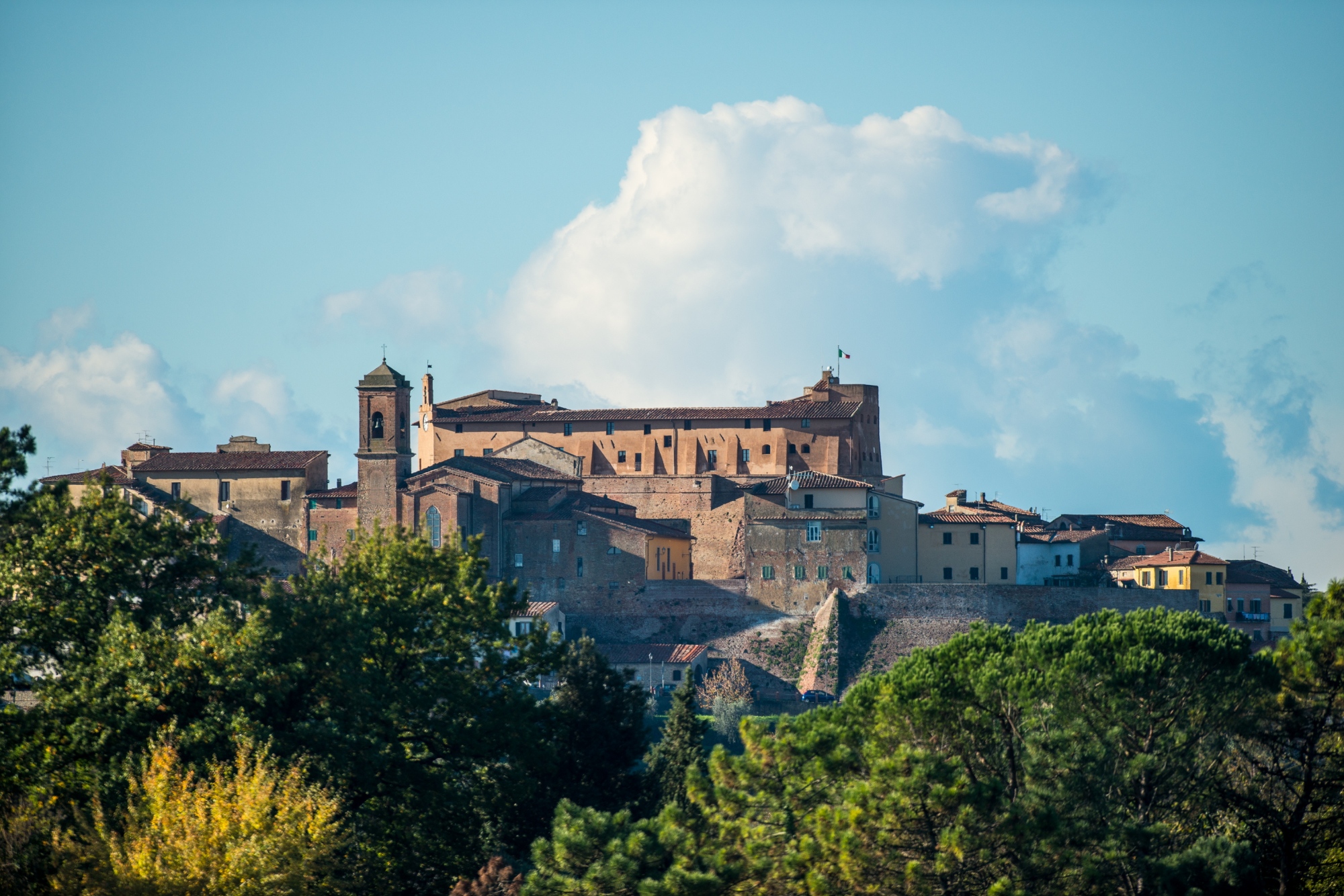
The Castle of the Vicars of Lari, in the heart of the Pisan hills, has been dominating the village below for centuries, keeping stories of imprisonment and mysteries within its walls. According to legend, on the night between December 15 and 16, its ancient prison comes alive with the ghost of Giovanni Princi, known as “il Rosso” (the Red), a political prisoner who died under obscure circumstances in 1922.
To this day, it is still reported that footsteps, chains and slamming doors can be heard along the corridors, while a red shadow roams around the cells. Visits to the castle, which is now open to the public, allow visitors to explore the ancient dungeons and halls of the grand ducal court, where history and legend continue to be intertwined.









